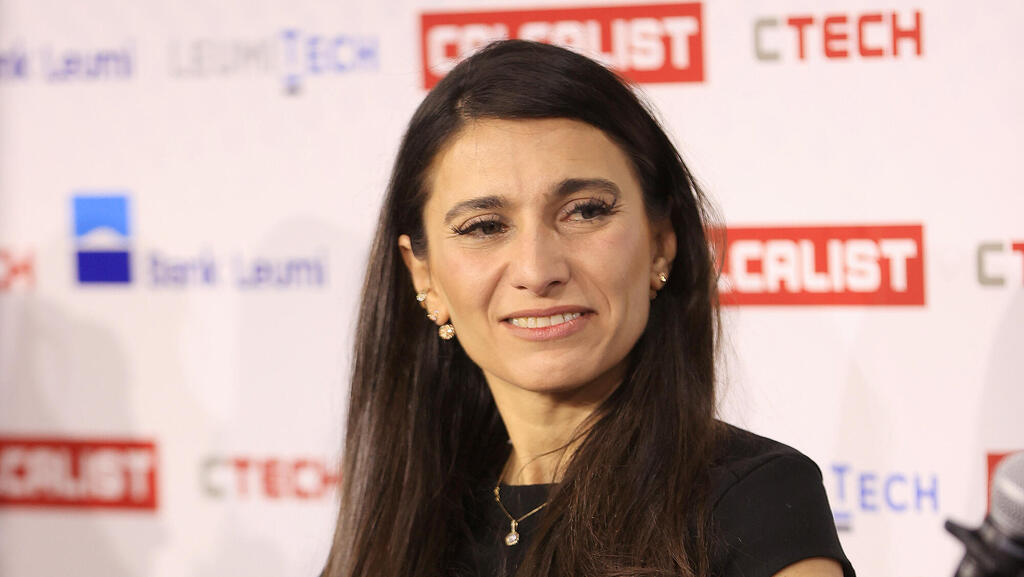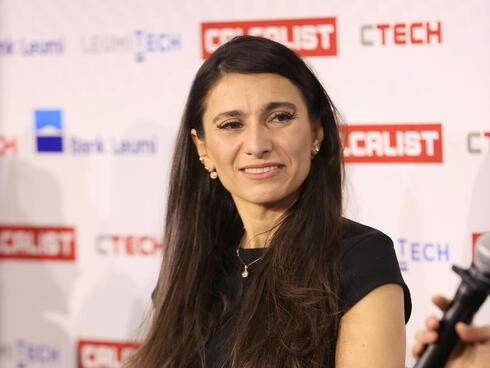
“There is no B-2 bomber in cyber”: Iranian-born Israeli CEO warns of Tehran’s digital pivot
Zafran Security’s Sanaz Yashar, a Unit 8200 veteran born in Tehran, says Iran’s shifting tactics favor cyber operations that are fast, covert, and aimed at regime legitimacy.
As the conflict between Iran and Israel grinds on and Tehran’s nuclear ambitions face new setbacks, a new front is rapidly emerging - one that operates in silence, across invisible battle lines. According to Sanaz Yashar, an Iranian-born Israeli cyber expert and the CEO of Zafran Security, Iran is shifting its focus to cyber warfare not just out of necessity, but as a calculated strategic move.
“I think that now that the nuclear ambitions of Iran have been delayed, they could retaliate in two different levels,” Yashar told CNBC on Monday. “First, the tactical level would be to impact the economy of the U.S.”
For Iran, the digital domain offers what conventional weapons do not: deniability, scalability, and asymmetry. “In cyber there is no B-2 bomber,” she said. “It can be deniable, and they can use it through proxies.” According to Yashar, Tehran now operates at least three major cyber entities, with “hundreds if not thousands of soldiers” involved.
But these forces, she stressed, are not solely focused on high-value military infrastructure. Iran’s regime, Yashar believes, is looking for symbolic victories to project strength, especially ahead of any ceasefire that may curtail kinetic operations. “They want to look good. They are looking for wins before a ceasefire,” she said. “So they will not go after just physical infrastructure but for any symbol of the U.S. or Israeli government - which means they will go for low-hanging fruit to show resilience.”
That “low-hanging fruit” could include hospitals, universities, public institutions, and even fintech infrastructure, anything that creates headlines without necessarily requiring sophisticated tools.
Yashar’s warnings carry weight not just because of her biography, raised in Israel after emigrating from Tehran, but also because of her track record. A former major in Israel’s elite Unit 8200, she led cyber threat analysis at FireEye–Mandiant (now part of Google) and has been involved in high-profile investigations, including a cyberattack on an Israeli hospital.
Related articles:
In 2024, Yashar co-founded Zafran Security, a cybersecurity startup that has quickly become one of Israel’s most closely watched cybersecurity firms. Zafran raised $70 million in two rounds within six months, backed by Sequoia Capital, Cyberstarts, and even NBA star Steph Curry’s Penny Jar Capital. The startup focuses not on detecting every vulnerability, but on identifying which ones are truly exploitable, and whether they’re already mitigated.
Zafran’s rise comes during a paradoxical moment for Israel’s high-tech sector: amid war, economic uncertainty, and a general downturn in investment, cybersecurity remains a bright spot. That’s no coincidence, Yashar suggests. The lines between military, civilian, and commercial targets are blurring, and startups like hers are on the front lines of both capital markets and national defense.
